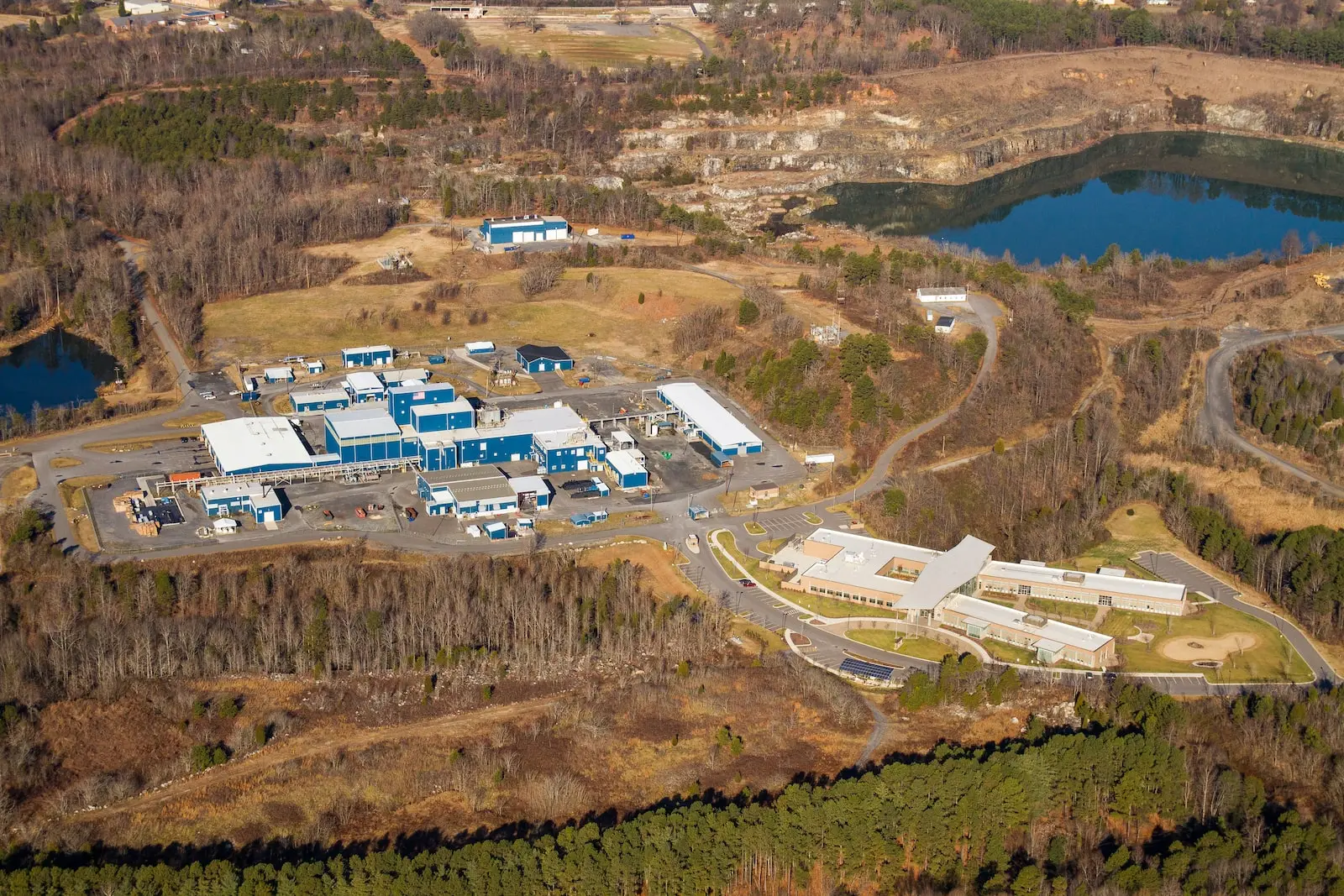Study Warns Lithium Mining Could Significantly Affect Water Quality and the Environment

A recent study by researchers from Duke University’s Nicholas School of the Environment has raised concerns about the environmental impact of historic lithium mining, particularly in North Carolina near Kings Mountain. Led by Avner Vengosh, a Distinguished Professor of Environmental Quality, the research focuses on the water quality surrounding an abandoned lithium mine site. Published in the Science of the Total Environment, the study highlights the presence of elevated levels of lithium, rubidium, and cesium in both groundwater and surface waters near the site, suggesting that past mining activities could continue to affect local water resources.
The study found that while common contaminants such as arsenic, lead, copper, and nickel were detected in concentrations below the standards set by the US Environmental Protection Agency (EPA), the levels of lithium and other less frequently found metals like rubidium and cesium were notably higher. These elements, though not regulated by federal standards, were found at concentrations that are not typical for the natural water sources in the region, raising concerns about their long-term impact on the ecosystem and public health.
Lead author Gordon Williams, a PhD student at Duke University, stated that the findings raise critical questions regarding the potential health and environmental risks associated with these metals. Despite the unusual presence of these elements, laboratory tests simulating natural conditions indicated that the mine’s waste materials did not lead to harmful acidic runoff, a problem commonly seen in other mining operations like coal extraction. This aspect of the study offers some reassurance, but the discovery of unregulated metals remains an area of concern for local water quality.
The study serves as a reminder of the potential environmental consequences of abandoned mining sites, particularly as demand for lithium increases due to its use in batteries for electric vehicles and other technologies. While the immediate impact on water quality in the studied area may be manageable, the long-term effects of mining on local ecosystems and water resources require further investigation. Researchers hope these findings will encourage more careful consideration of the environmental costs of lithium extraction in the future.





















